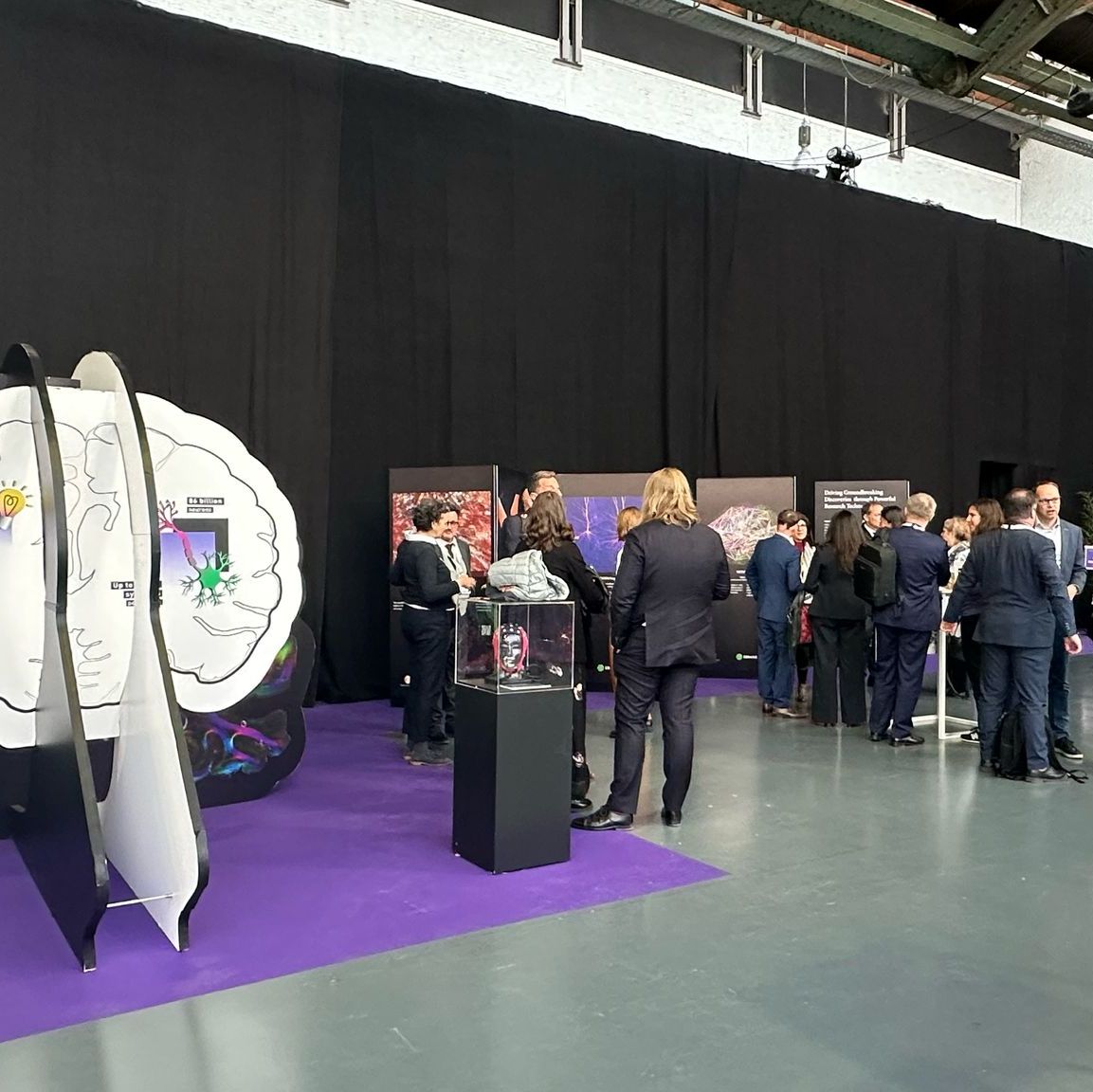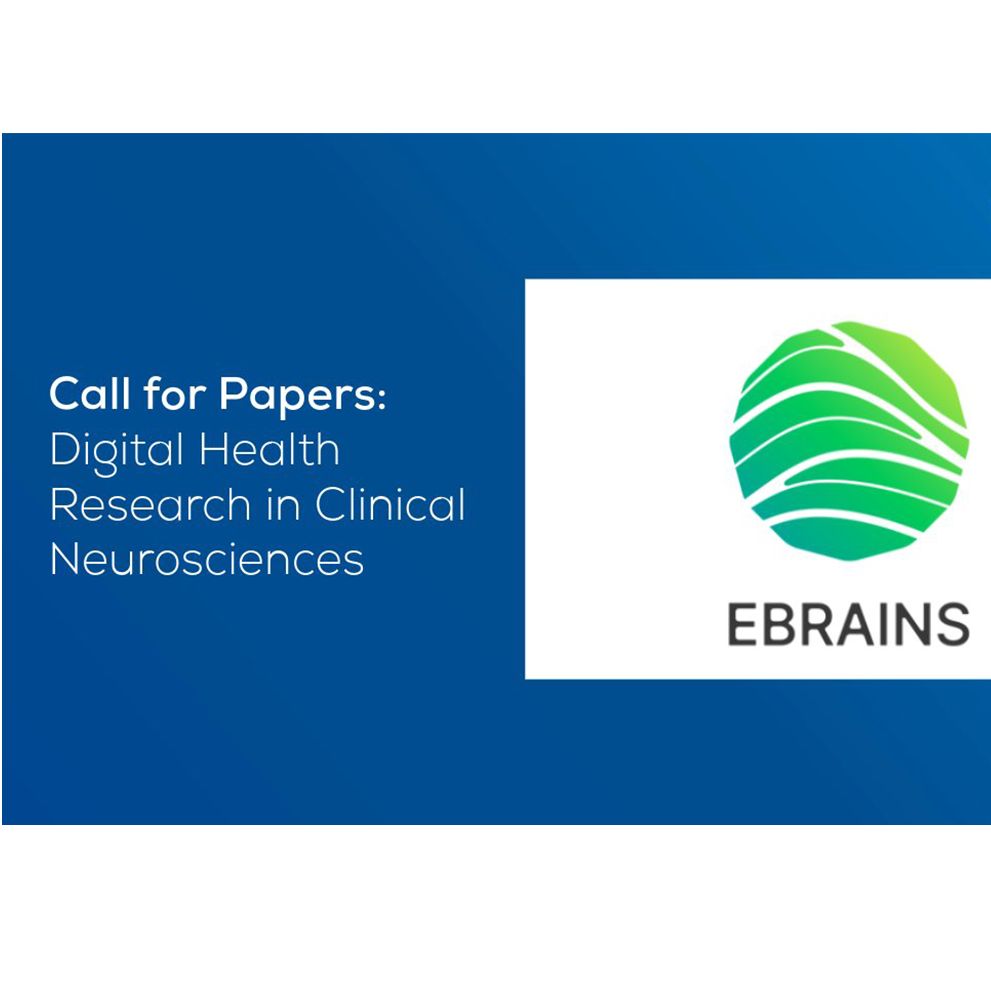
New study highlights successes of the Human Brain Project’s Education Programme

The Human Brain Project Education Programme has successfully prepared early-career researchers for future challenges in brain research. Image: HBP Education Programme
The Education Programme, which concluded in September last year, as part of the HBP flagship project, was designed to equip the next generation of brain researchers with the skills needed to navigate the rapidly evolving and highly interconnected fields of neuroscience, medicine, and information technology.
Over the ten-year duration of the programme, more than 1,300 experts volunteered to train, teach, and create content for more than 5,500 participants from multiple scientific disciplines. This resulted in 700 educational videos and almost 100 training and educational events, in-person and online. Through its innovative blended learning curriculum, specialised schools and workshops, and events fostering dialogue among early-career researchers, the HBP Education Programme has significantly promoted interdisciplinarity, adaptability, and collaboration in advanced neuroscience education.
The HBP Education Programme adopted a bottom-up approach, strongly driven by the researchers community within and beyond the HBP and with central involvement of early career researchers, including PhD candidates, BSc and MSc students, and early postdoctoral fellows. This community-driven involvement ensured that the perspectives and needs were central to the initiative. Meanwhile, the HBP Education Programme served as the central hub, facilitating collaboration and providing essential resources to support the educational initiatives.
“The programme had a broad geographic reach, a diverse participant base, and helped establish collaborative networks, reducing barriers across brain-related disciplines. Its success in leveraging digital tools and platforms for accessible specialised training sets a new standard for neuroscience education”, comments Alice Geminiani, a computational neuroscientist and first author of the paper.
Read more:
Independent expert report: The Human Brain Project significantly advanced neuroscience
The paper provides a comprehensive analysis of the HBP Education Programme’s approach, showcasing how it has successfully prepared early-career researchers for future challenges in brain research.
The authors highlight the specific impacts of the programme, particularly in technology development, and in promoting diversity and equal opportunities in neuroscience training. The HBP Education Programme made use of different event formats, such as workshops, training sessions, and student conferences. Additionally, the HBP Education E-Library hosts a large collection of videos, including recordings from educational events, lectures, and other learning materials.
The paper also offers practical recommendations for building on the HBP’s experiences to enhance interdisciplinary education in neuroscience. Drawing from lessons learned, the authors propose strategies for future educational strategies that could be integrated into large-scale research programmes or implemented on a European level.
About the Human Brain Project
The Human Brain Project (HBP) was one of Europe’s largest scientific research initiatives, aimed at advancing the understanding of the human brain through collaborative research across neuroscience, medicine, and computing. One of the main outcomes of the HBP is EBRAINS, an open research infrastructure that is pushing forward neuroscience research. The HBP Education programme played a crucial role in providing early-career researchers with the interdisciplinary expertise required for groundbreaking brain research.
Read the paper in Neuroinformatics:
“Interdisciplinary and collaborative training in neuroscience: Insights from the Human Brain Project Education Programme”
News & events
All news & events- News04 Apr 2025

- News03 Apr 2025


- News21 Mar 2025
